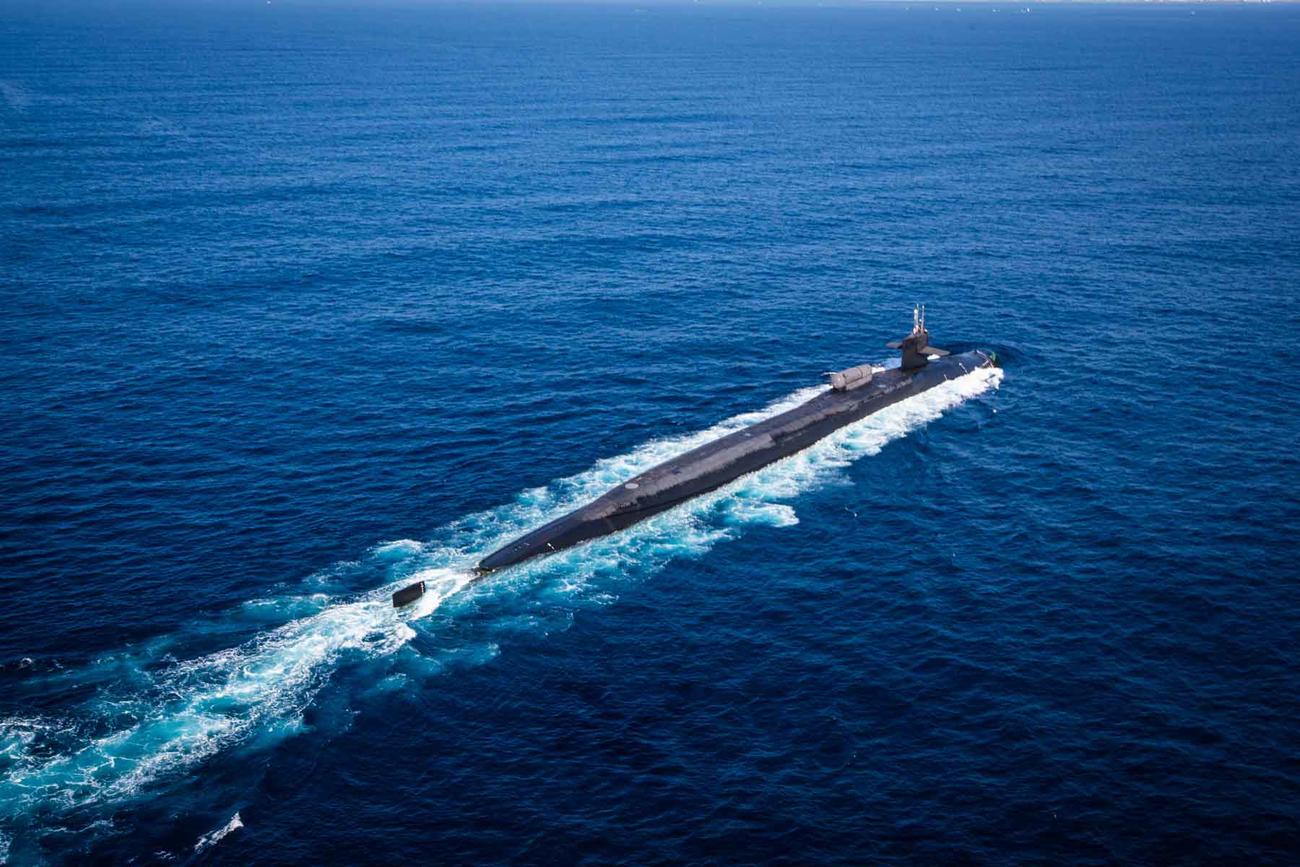
A recently fired Navy guided-missile submarine commander was arrested for driving with a blood alcohol content three times the legal limit less than a week before he was relieved of command, police records show.
Capt. Kurt Balagna, who until last week was the commanding officer of the USS Ohio sub’s gold crew, was arrested March 5 by Washington state police for driving with a blood alcohol content of around 0.24%. The legal limit is 0.08%.
Balagna is the third commander the Navy has relieved this year for driving under the influence. Another submarine commander was relieved in January and a Navy SEAL commodore was fired this week.
Task and Purpose was the first outlet to report the details of Balagna’s arrest.
A Navy spokesman told Military.com that, despite the recent spike in DUIs among its commanders, the service is not concerned that it indicates a growing problem or trend.
Instead, the spokesman noted that “there is no change to the U.S. Navy accountability policy” and reiterated the usual statement that the service’s commanders “are expected to uphold the highest standards of responsibility, reliability and leadership, and the Navy holds them accountable when they fall short of those standards.”
Police records reviewed by Military.com show Balagna was driving on an interstate heading into downtown Seattle when he was pulled over by Washington state police for swerving in and out of his lane and onto the shoulder and, at one point, riding the highway’s rumble strip “for a couple of seconds” at around 12:30 p.m. March 5.
According to the officer’s narrative in the arrest record, Balagna said he was coming from the town where he lived and heading to Seattle-Tacoma International Airport. However, by the time he was pulled over, he had overshot the airport; he told the police officer that “he was having some trouble finding it.”
The police officer immediately noticed signs that the Navy officer was drunk. He noted in his narrative that Balagna’s face was flushed, there was “a strong odor of intoxicants,” and his speech was slurred.
After being asked to step out of the car, Balagna “admitted to drinking vodka, stating that he started drinking around 8:00 that morning,” the report said.
Then, after Balagna failed some field sobriety tests, the police officer asked him “if he thought he should be driving right now.”
“He looked down and shook his head and said ‘no,'” the report said.
Balagna was arrested, and jail records show he was booked on a single DUI charge and spent about eight hours in the King County jail before being released minutes before midnight on March 5.
Military.com was not able to reach Balagna for comment by phone.
At the moment, it appears that the Navy has fired five commanding officers, including Balagna, in 2024. Navy officials have previously said the service relieved 15 commanding officers in 2023.
The Navy typically does not offer many details about why it relieves its commanding officers, and its press releases lean on the boilerplate response of “loss of confidence” as the reason for firings. However, officials will usually confirm incidents like arrests as connected to a relief if discovered by reporters.
Balagna is the third commanding officer in 2024 to have been revealed by press reports as facing DUI charges. While the Navy spokesman who spoke with Military.com said the recent spate of drunk driving charges is not being viewed as atypical, it is challenging to independently assess that claim, given the current policies in place.
More details are not known about the other submarine commander who was relieved over a drunk driving charge this year, but the Navy SEAL captain and Navy Special Warfare Group Eight commodore’s court records suggest his blood alcohol was around double the legal limit at the time of his arrest.
In the absence of details, firings become a kind Rorschach test — allowing them to be pressed into service as evidence for everything from political pressure on the military that quickly starts to verge on the conspiratorial to critiques of the Navy’s high standards for its commanders.
They also lead to rampant speculation, and even those connected to the military say the policy of not offering details leads to a loss of confidence in the leadership of the branches.
Military officials from a variety of services have told Military.com in conversations that they often have to balance factors like possible ongoing investigations, a fired commander’s right to privacy, and a public’s right to know in their calculations about what to disclose and when.
Related: Fired Navy SEAL Captain Was Arrested for Drunk Driving Months Before His Relief









